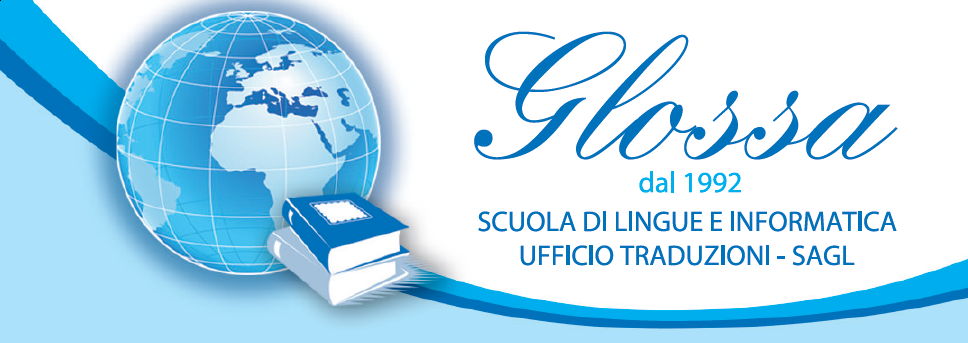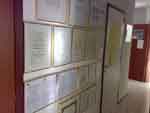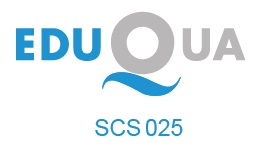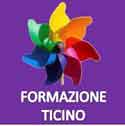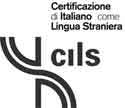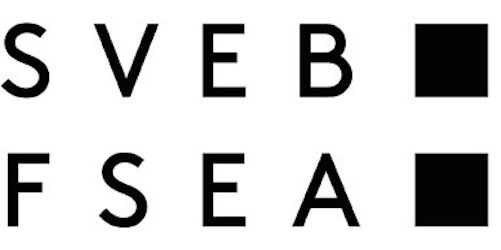Language and information technology school, translation office
School principles
- Who are we?
- What common values are at the foundation of our activity?
- What aims do we want to achieve and how?
- How to organize and manage the school and how to create a good work climate?
- What are our fundamental principles?
- The importance of the groups of influence of our school
- How do we achieve and assure quality control of our school?
- What do we base our intention to develop on and what elements of updating and education do we give our priority to?
- Certificate or report of the revision of the system of management of quality utilized or descriptive of the concept of quality of the institution
- Report of a pedagogic seminar or description of the system of adapted pedagogic reflection systematics
- Evaluation report of a formation course
- Statistics and analysis of drop-outs and of exam success rates
- Profile of the requisites requested from the educator
- Description of the analysis of needs and comparisons to competing institutions
- Report of a course visit
- Participant selection procedure
- Description of the tools used to measure client satisfaction
- a language and information technology school with personalized programmes and flexible schedules
- a swift and competent translation office for translations for every necessity and demand
- a school in which everybody can successfully achieve their aims in diverse settings
2. What common values are at the foundation of our activity?
- a homely atmosphere, healthy and serene in class
- to approach different nationalities, cultures, and religions
- to place at disposal all of our skills and all of our professionalism
3. What aims do we want to achieve and how?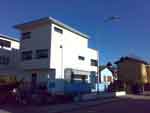
- to be attentive to professional development
- continuous research in methodologies and modern didactics
- to integrate recent developments
4. How to organize and manage the school and how to create a good work climate?
- the right information and concrete answers
- difference of levels and active participation
- careful planning of lessons
- to diminish the fears and tensions of the students and attend to personal contacts
- open communication
- integration of new teaching methods
5. What are our fundamental principles?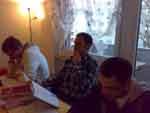
- analysis of needs and capacities
- drafting of the program based on objectives
- choice of most suitable methodology
- maximum flexibility
- application of classic and modern teaching aids
- to stimulate and motivate
- autonomous work
- to highlight difficulties, discuss them and suggest solutions to the problems
- to provide information on obtained results
- to maintain contact with the authorities
6. The importance of the groups of influence of our school
- all of the players of the school are a part of the realization of expected goals
- criticism is welcome
7. How do we achieve and assure quality control of our school?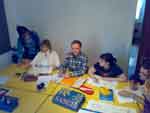
- obtained results are the synonym of quality
- students’ feedback
- suggestions from the teaching body
8. What do we base our intention to develop on and what elements of updating and formation do we give our priority to?
- continuous education courses
- new methodologies and linguistic changes
- collaboration with other schools and education institutions
9. Certificate or report of the revision of the system of management of quality utilized or descriptive of the concept of quality of the institution
- detailed information on the contents of the programmes
- definition of aims and methodology
- competence in the subject
10. Report of a pedagogic seminar or description of the system of adapted pedagogic reflection systematics
- pedagogic meetings based on the number of courses
- exchange of opinions or points of view
- visits from colleagues
- reports to be requested at the school
11. Evaluation report of a formation course
- evaluations of German, Italian, and English courses are available from Cantonal experts (UMA in Bellinzona)
- inspectors from the EduQua certificate of quality
- forms and questionnaries by students and teachers
12. Statistics and analysis of drop-outs and of exam success rates
- reports available from the school
13. Profile of the requisites requested from the educator
- experts in the subject
- skills in pedagogical, psychological, and methodological spheres
- committed to their own continuous education
14. Description of the analysis of needs and comparisons to competing institutions
- analysis of needs and evaluation of already acquired knowledge
- respect for the personal, cultural, and professional background of the person taking part in the course
- pedagogic and didactic visits by invited colleagues and experts
- reports available at the school
16. Participant selection procedure
- aptitude tests
- analysis of wishes and demands
- react to the needs of the canton and businesses
17. Description of the tools used to measure client satisfaction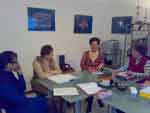
- meetings with the students
- evaluation form
- guest book
- mid-course and end-of-course feedback forms
